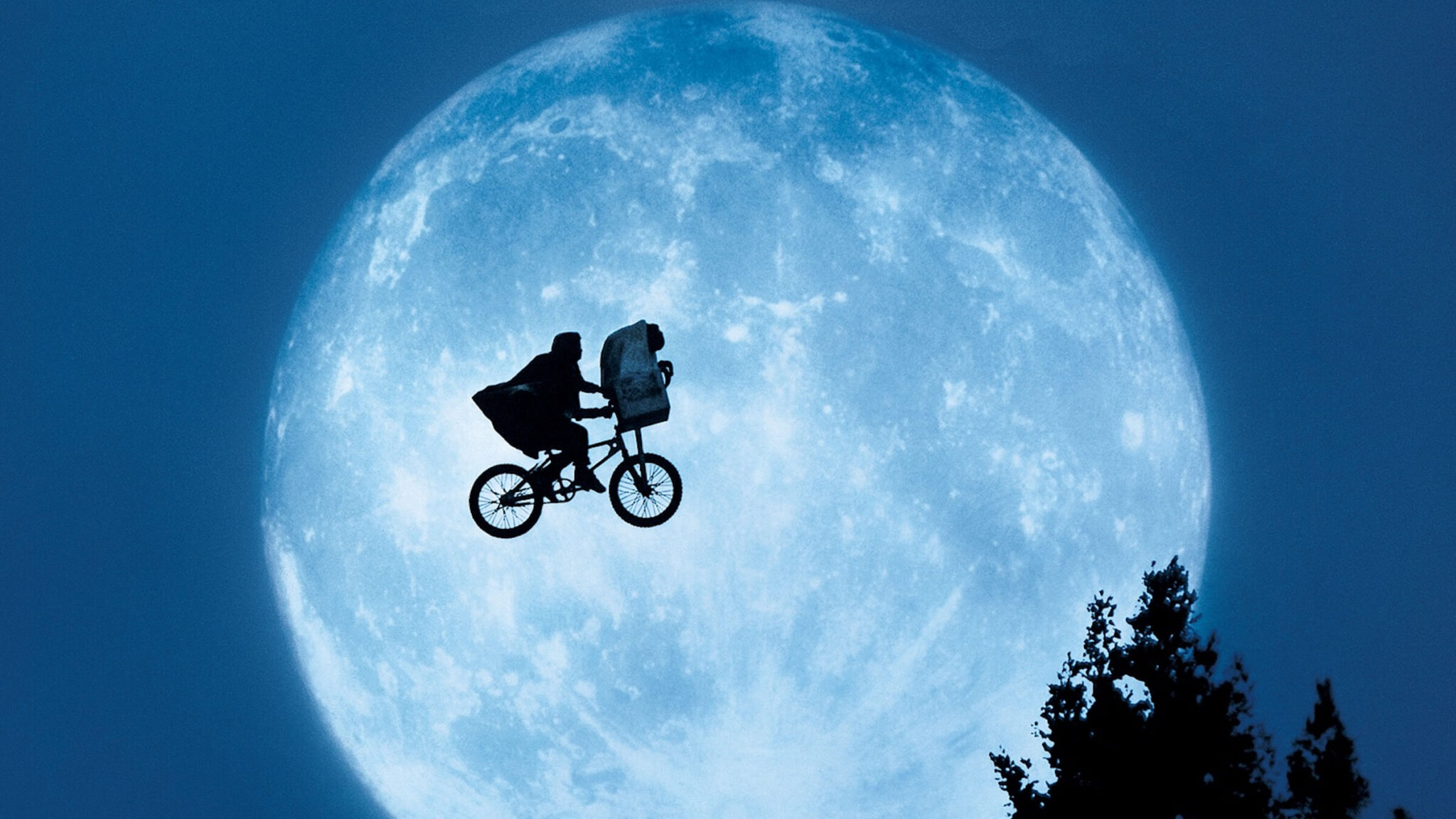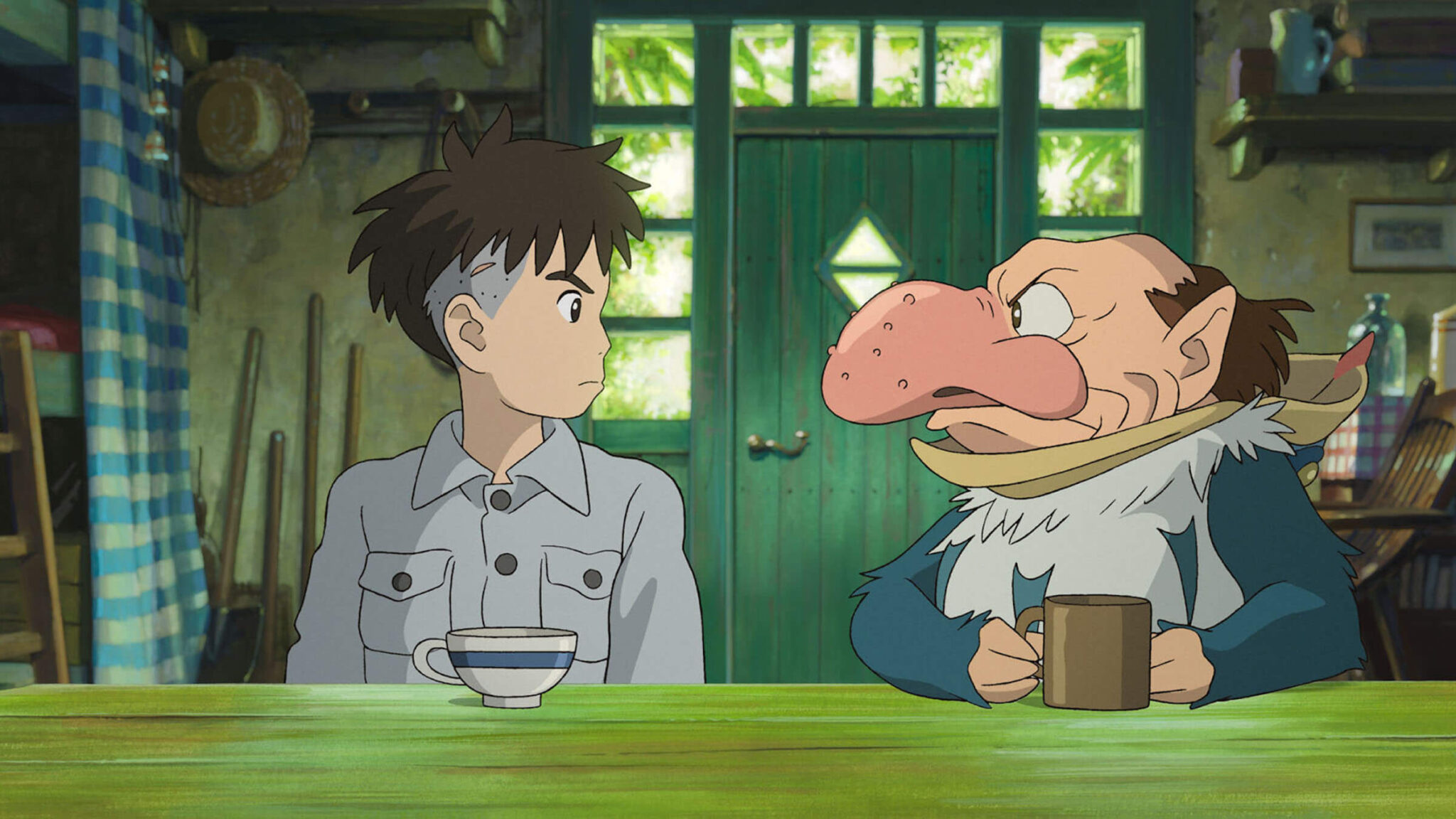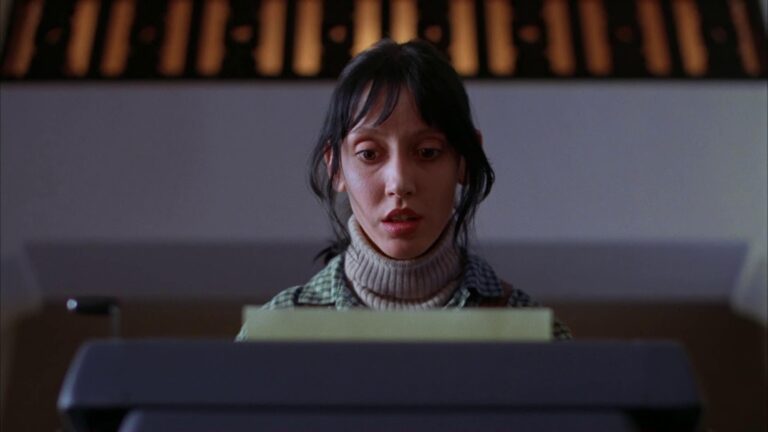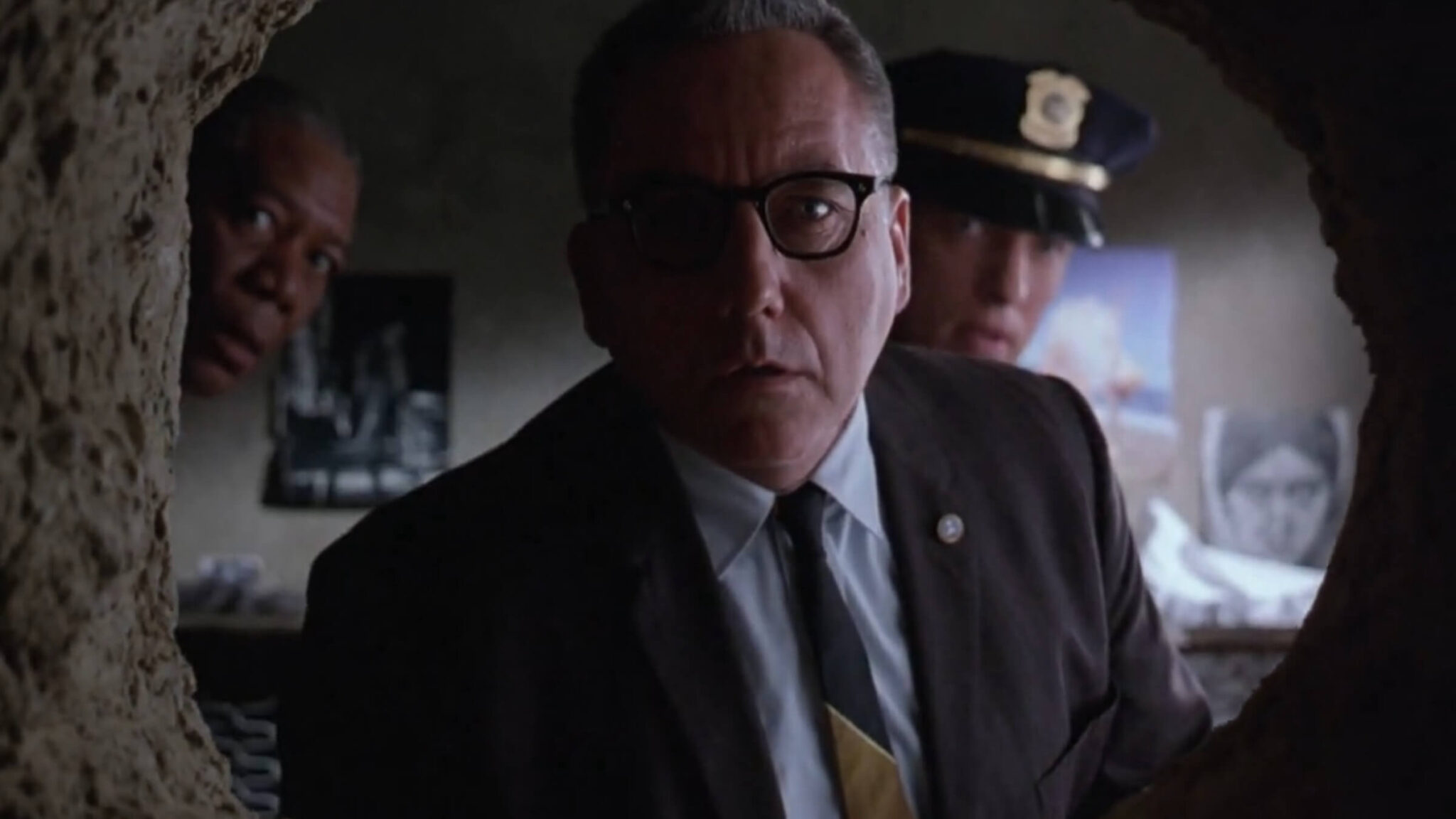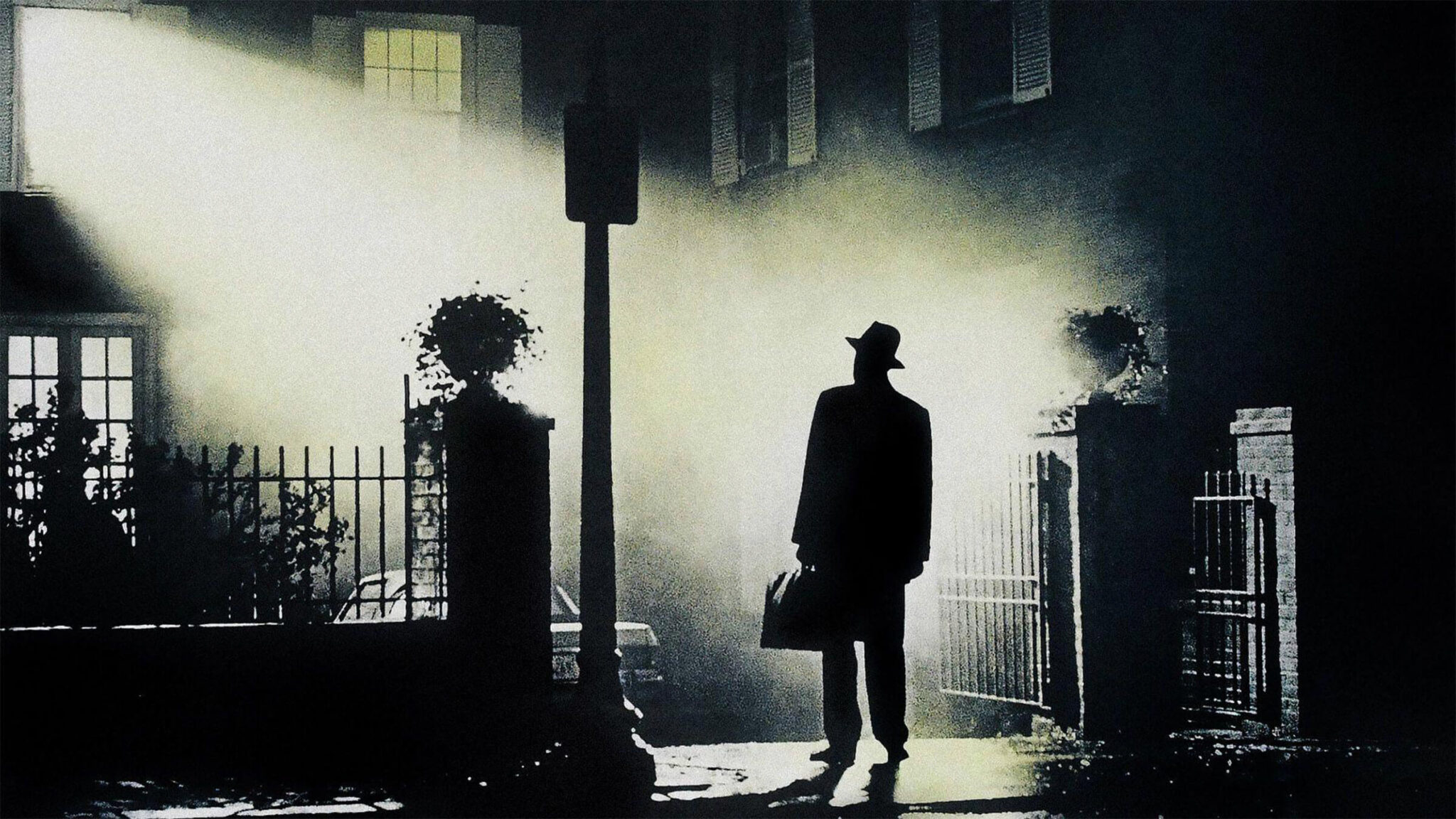
What is the theme of a screenplay and how can screenwriters find it in their stories?
Theme — along with structure — is one of the most highly debated academic terms in writing. And in Hollywood, it's a confusing, philosophical, and frustrating topic, but one that everyone won't stop talking about.
Learn the best way to structure your screenplay with this free guide.
When you're studying the art and craft of screenwriting, theme is a topic that you can't escape. And then when you write a script and get feedback, the topic continues to haunt you. A standard note in script feedback and coverage is, "What's the theme?"
When development executives are giving you script notes and grilling you on your screenplay, one of the ways they fill the space of empty silence is asking you about the theme of the script.
What is the Theme of a Story?
Some people refer to it as the "big idea" behind your screenplay, or the summary of what your screenplay is really about.
Others believe that it's the emotional and philosophical core of your story — the message you're trying to convey to the audience beyond the plot and story arcs.
"It's about revenge."
"It's about facing your fears."
"It's about man's obsession with power."
"It's man vs. nature."
And some think that it is a philosophical question posed to the audience by the end of the cinematic story.
"What evil lurks in the shadows we're afraid to explore?"
"Is greed good?"
"How far can one be pushed before they revert to their killer instincts?"
No matter how you choose to define or explain it, theme lies beyond the scenes you write, the characters you showcase, and the dialogue they spew.
And it's hard to find because it's hard to define. There are so many different philosophies to finding themes within stories.
Here we offer three philosophies to finding the theme within your screenplays. There's no single answer. There's no secret formula. There's no right or wrong academic theory. It's just the philosophy that you choose to follow that matters.
1. Finding Theme in Catharsis
One definition of theme that no one seems to be talking about is catharsis — because that is what theme really is. What is the catharsis of the story? How is an audience going to feel after the resolution of the story and the protagonist’s overall journey?
Have you ever watched a movie or read a screenplay that stayed with you afterward? You walk out of the theater or close that script and feel truly changed or affected somehow. That's the theme within the story. That's what lies beneath everything else.
Maybe you went to see La La Land and truly identified with the two protagonists and their desire to see their dreams come true?
Maybe you watched Good Will Hunting and genuinely identified with Will’s struggle to overcome his inner demons?
And sometimes the catharsis audiences feel has little or nothing to do with them personally, but the script was so well written that they somehow felt placed within the shoes of the protagonist and felt their own catharsis by the end of the film as they either achieved what they had been striving for against all odds or felt some relief from their struggles amidst tragedy.
That’s the magic of an amazing screenplay — leaving the reader or the audience truly touched, affected, and sometimes changed — catharsis.
Any script or film can tell a good story with an interesting plot and some compelling characters. But not every script or film can truly leave a lasting mark on that reader or that audience.
Maybe it's a single word. Maybe it's a question posed to the audience by the end of the movie. It doesn't matter. You find your story's theme by finding the catharsis within it. How you're going to affect the audience and make them identify with what the characters are going through or how you're going to make them sympathize with those characters.
In Field of Dreams, you don't have to have lost a father to be touched by the film's final moment of Ray having "a catch" with his father after a lifetime of estrangement.
In The Pursuit of Happyness, you don't have to know what it's like to live on the streets chasing a dream to identify with the final moment of that film where the protagonist finally sees the result of all of their struggle and turmoil.
You can define those themes with one single word — Reconciliation (Field of Dreams) and Perseverance (The Pursuit of Happyness). Or you can define the themes as questions posed to audiences — "Should it take a miracle to forgive?" and "How much are you willing to take to make your dreams come true?"
It doesn't matter. It's the catharsis that defines what your theme is.
Read ScreenCraft's The Single Most Important Element of a Successful Screenplay!
2. Starting with the Theme
Since theme is seemingly so vital to the screenwriting process to many, some screenwriters opt to figure out the theme of their concept and write with that in mind while taking calculated measures to inject reminders and hints to that theme in scenes, plot points, and character moments.
A technique called Leitwortstil focuses on communicating the theme through repetition of wording within the narrative to make sure it catches the audience's attention. In the first Spider-Man trilogy, "with great power comes great responsibility" was a constant theme throughout each film.
Thematic patterning is a technique that utilizes the insertion of a recurring motif in a narrative, be it a character trait, visual, or setting.
In Magnolia, all of the main characters are lost and trying to find happiness amidst horrible circumstances.
In Aliens, Ripley is taking on the role of the mother throughout the whole film. She's trying to protect the soldiers from any harm. She takes on the motherly role of Newt's protector. And all of this builds to the climactic scene where she faces the Alien Queen, who has been doing the very same thing in the shadows.
When you know the theme before you start writing the screenplay, you can use various techniques to ensure that you're delivering that message throughout the whole script.
However, it can backfire for some.
3. Avoid Chasing a Theme
The true theme of your screenplay will often present itself in the end.
Celebrated auteur Paul Thomas Anderson said, "If I've ever had a theme in mind, I mean, usually that's just the worst. Then you feel yourself writing. And there's nothing worse than that feeling of, kind of, chasing after a theme."
Wise words from one of our greatest storytellers.
And the unspoken truth is that theme can also be interpreted in many different ways by many different people. When we refer to theme as an academic term, it's because that term represents a theoretical approach to stories. Theme is subjective. One film scholar can argue that X film is about this while another film scholar can argue that X film is actually about that.
Theme is the magic of storytelling — the message beneath the plot, story arcs, character arcs, and dialogue.
If you chase a theme, you may be alienating part of the audience. It goes back to that catharsis philosophy of finding theme. Audiences will bring their own baggage to every story.
So why chase a set theme? Why not let it present itself to you and to your audience?
These are three different ways to find the theme within your screenplay — three different philosophies. There is no single answer or secret formula to it.
The secret is to find what works best for you.
Regardless, you're going to need to identify it as best you can for when the inescapable questions come.
Ken Miyamoto has worked in the film industry for nearly two decades, most notably as a studio liaison for Sony Studios and then as a script reader and story analyst for Sony Pictures.
He has many studio meetings under his belt as a produced screenwriter, meeting with the likes of Sony, Dreamworks, Universal, Disney, Warner Brothers, as well as many production and management companies. He has had a previous development deal with Lionsgate, as well as multiple writing assignments, including the produced miniseries Blackout, starring Anne Heche, Sean Patrick Flanery, Billy Zane, James Brolin, Haylie Duff, Brian Bloom, Eric La Salle, and Bruce Boxleitner. Follow Ken on Twitter @KenMovies
For all the latest ScreenCraft news and updates, follow us on Twitter, Facebook, and Instagram.
Tags
Get Our Screenwriting Newsletter!
Get weekly writing inspiration delivered to your inbox - including industry news, popular articles, and more!














